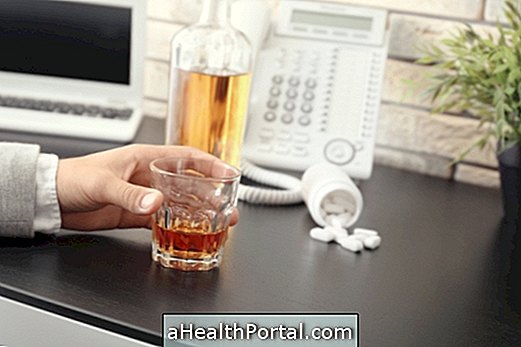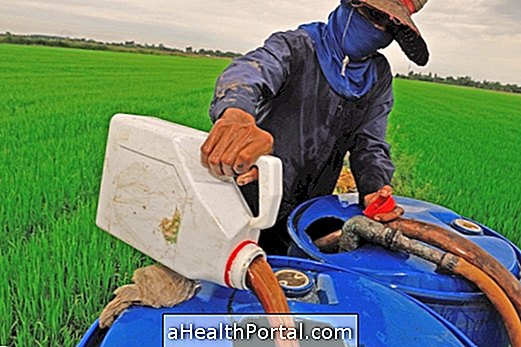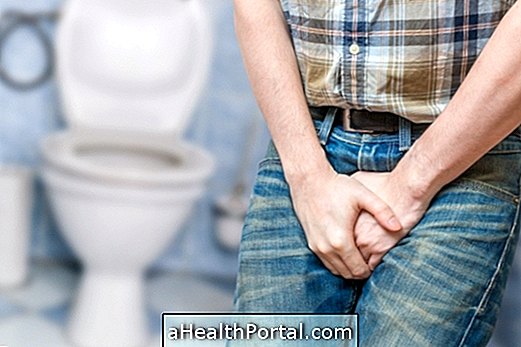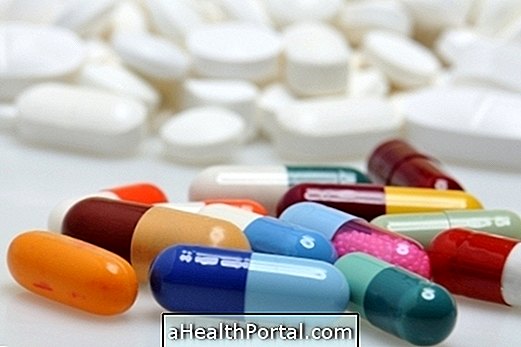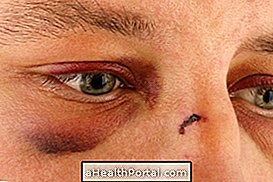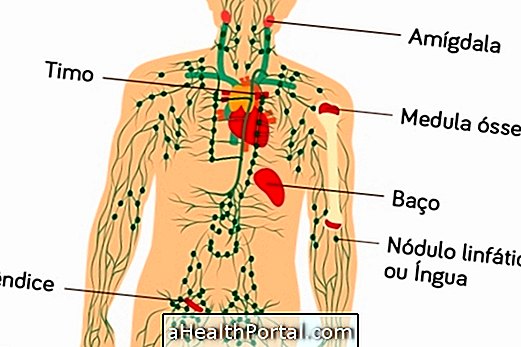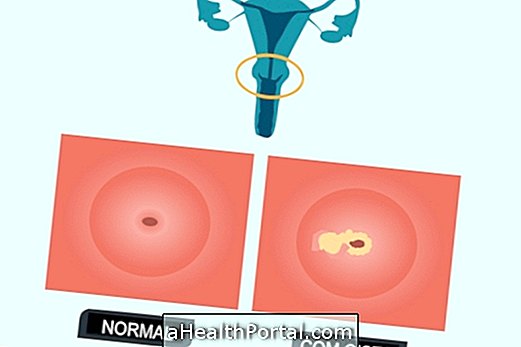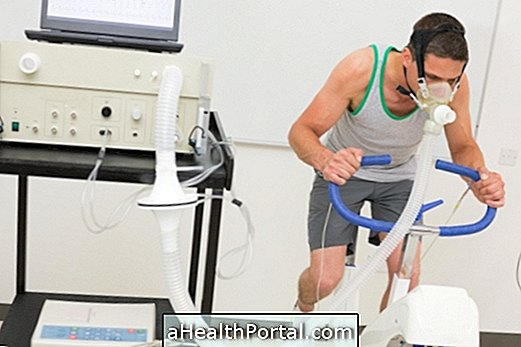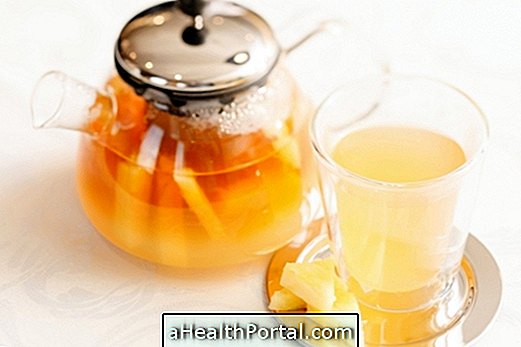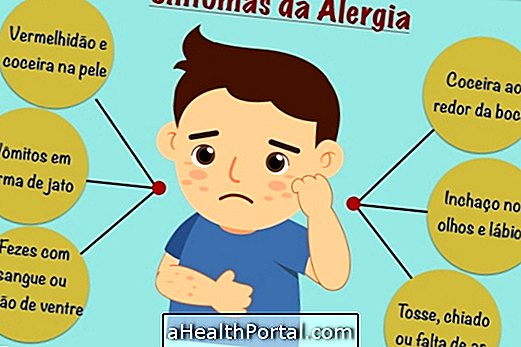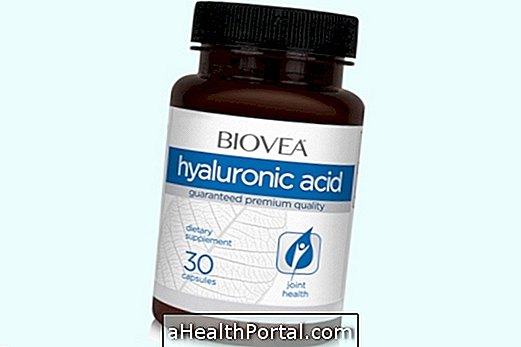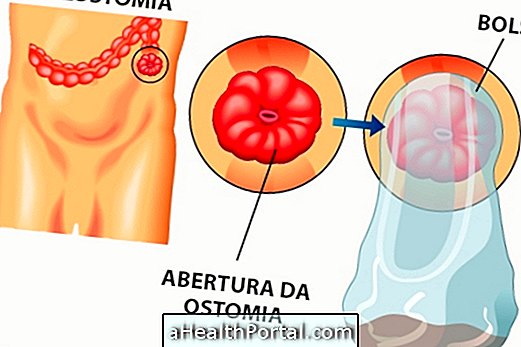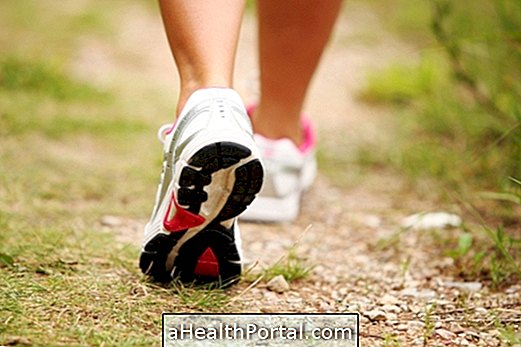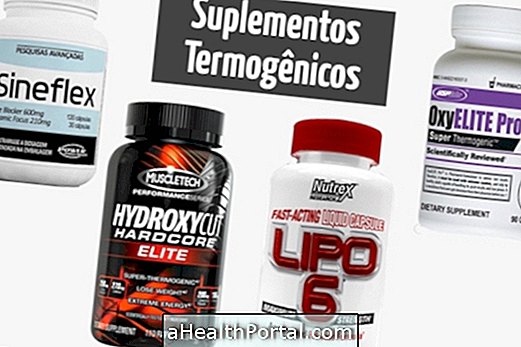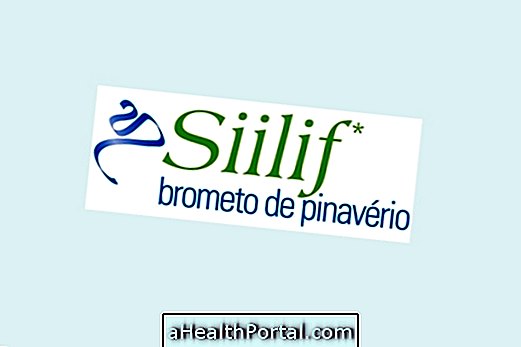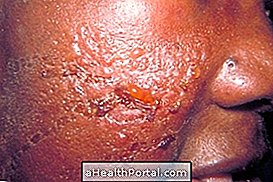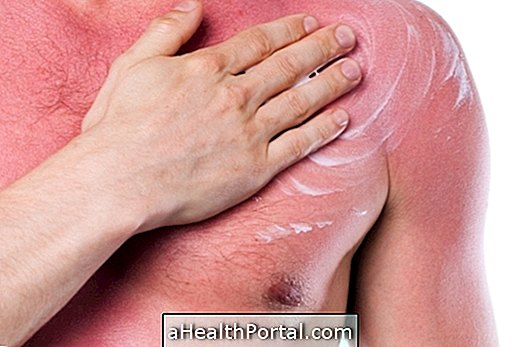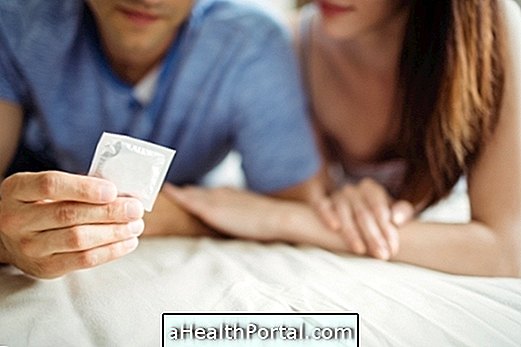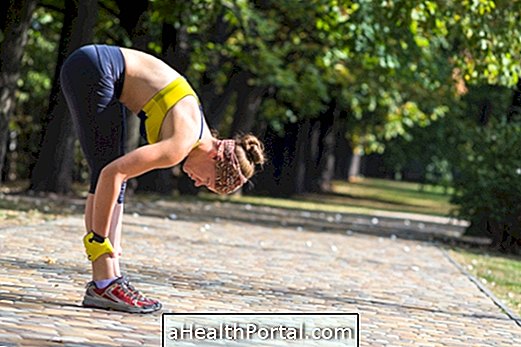Excessive heat can be harmful to health leading to health problems such as dehydration, heat stroke, cramp and aggravation of chronic diseases. The most likely are babies, children, obese and elderly, but everyone should protect themselves from the heat to avoid these complications.
Here's what you can do to protect yourself on the hottest days of the year.
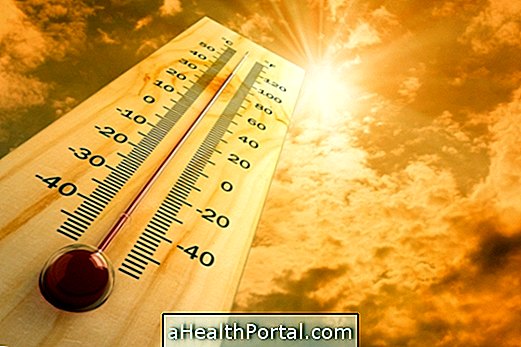
Tips to protect yourself from heat
- Avoid sun exposure between 11 and 17 hours;
- Avoid going to the beach on hot days;
- Use sunscreen daily with SPF 30 or higher, including hair;
- Wear wide-brimmed hat and sunglasses whenever you go out on the street;
- Wear light clothing made of cotton;
- Drink at least 2 liters of water per day and isotonic drinks like Gatorade to replenish minerals lost in sweat;
- Avoid soda, sugary drinks and alcoholic beverages as they dehydrate;
- Avoid straining and rest in the shade;
- Eat light and spicy meals;
- Avoid sandwiches made with mayonnaise, fried foods and fatty foods;
- Take several baths a day with fresh water, without soap to prevent the skin from drying out;
- Leave the windows open at night for air to flow;
- Avoid staying in the car or bus exposed to the sun;
- Whenever possible travel at night;
- To avoid dry air, leave 1 bucket full of water in each room of the house.
Tips to protect your baby from the heat

Some simple strategies that can help you protect your baby are:
- Give enough water to the baby, if he still suckles, offer the breast several times a day;
- Dress him in light cotton clothes;
- Give easily digestible foods and plenty of fruit;
- Do not allow the air conditioner or fan to be directly facing the baby, especially if he is sleeping;
- Avoid hanging out with the child on the street;
- Keep the baby in the shade;
- Wear sunscreen for children and wear a wide-brimmed hat and baby sunglasses whenever you go out on the street;
- Do not leave your baby exposed to the sun at any time of the day.
Signs that may indicate problems with heat
Sometimes high temperatures can cause heat stroke, especially if you are at the beach or pool, but this can happen even when walking on a very hot day, so be alert to the following symptoms:
- Fever and red skin, without sweat;
- Fast pulse and headache;
- Breathing breath;
- Dizziness, confusion.
In this case it is recommended to try to refresh the body as soon as possible, taking fresh water or juice, washing your hands, wrists and neck with fresh water and staying in front of a ventilator, for example. But if the symptoms do not relieve, it is better to go to the doctor.
You may also like:
- Symptoms of dehydration
- Symptoms of dehydration in infants and children
